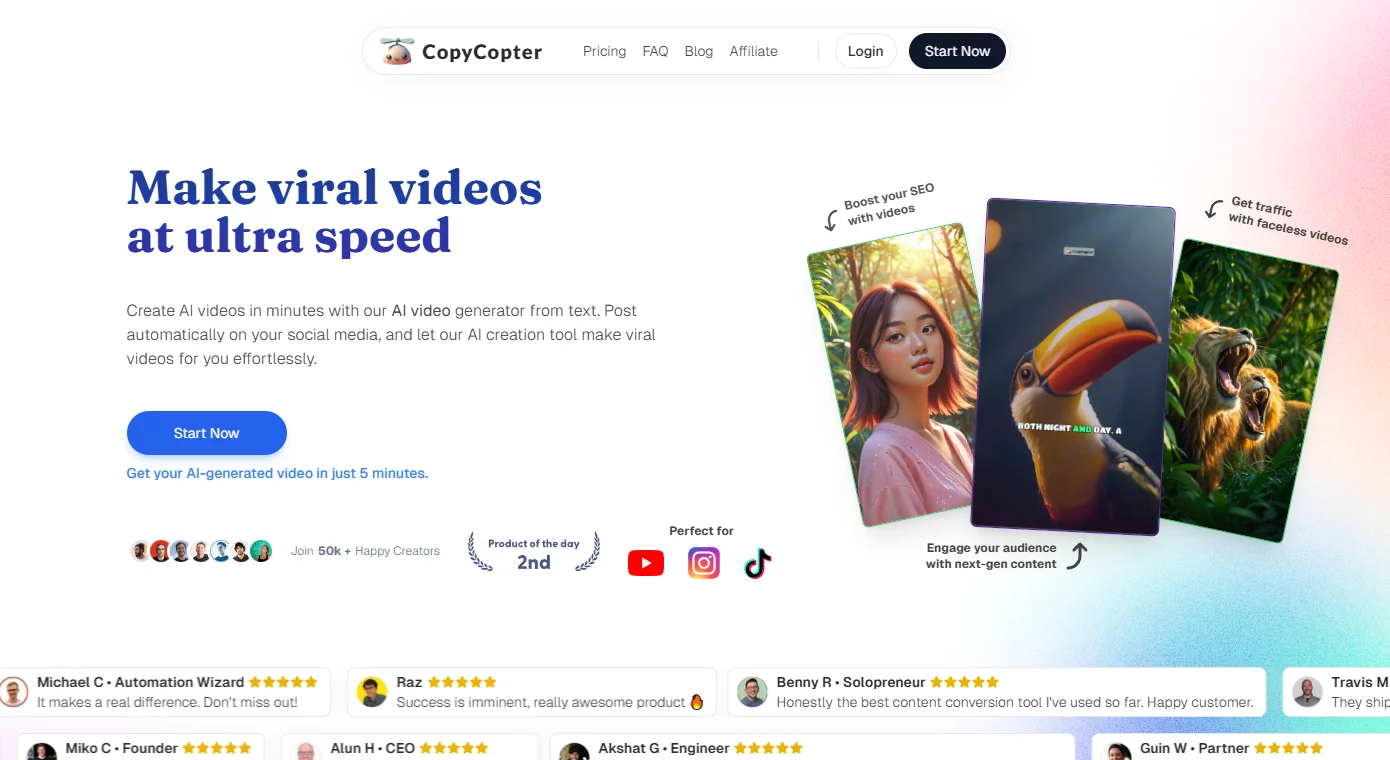OpenAI Unable to Register "GPT" as Trademark
The United States Patent and Trademark Office (PTO) has rejected OpenAI's application to register the term "GPT" (short for Generative Pre-trained Transformer) as a trademark, stating that the word is too generic to be registered and would prevent competitors from accurately describing their products as GPT.
OpenAI argued in its application that GPT is not a descriptive word and is not a commonly understood term by consumers.
In its ruling on February 6th, the PTO stated that even if consumers are unaware of the meaning of GPT, it is understood by those who use the technology as a generic software type, not just OpenAI's product.
Since the rise of generative AI, many other AI services have incorporated GPT into their product names. For example, there is a startup called GPTZero that specializes in AI detection. Other companies often refer to their underlying AI models as GPT because it is indeed the case.
The term GPT became closely associated with OpenAI after the popularity of ChatGPT and its AI models GPT-3 (and later GPT-4). When the company opened up ChatGPT to external developers, it also referred to its customized chatbots as GPT. However, OpenAI has recently started providing unique brand names for other services. For instance, the company recently released a text-to-video generation model called Sora.








